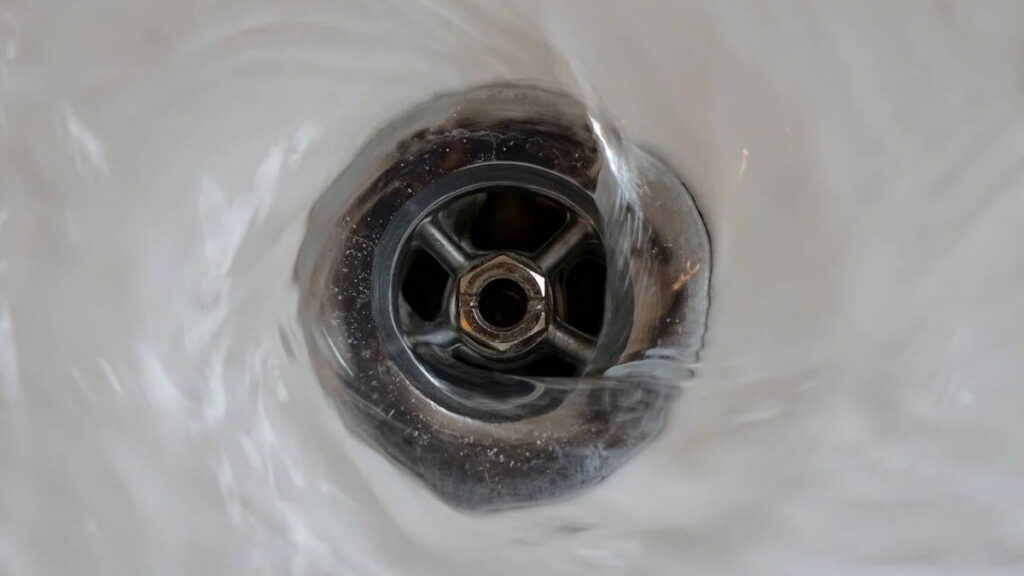A healthy home is key to maintaining a healthy lifestyle for you and your family. But for a growing number of homeowners, drains don’t tend to rank highly on their list of priorities. By familiarising yourself with a number of common health hazards associated with household drains, you can learn how to tackle them before they worsen. Continue reading to find out what they are.
Damp
If a drain is blocked, water may be leaking and accumulating where it shouldn’t be. As well as saturating the interior of your home, it can be costly and time-consuming to remedy. Over time, this can damage the structural integrity of your property. Rising damp is a particularly hazardous problem that can arise as a result of a blocked drain. It is a relatively rare form of damp that occurs when moisture travels in a vertical fashion from the ground upwards through permeable wall structures. To prevent damp, invest in a dehumidifier and ensure your home is sufficiently ventilated throughout the year. Damp-proof paint may also prevent damp from occurring in the first place or returning with a vengeance.
Pests
Water, and stagnant water, in particular, are a breeding ground for harmful pests to grow and multiply. These creatures can carry dangerous germs and diseases which can have a negative impact on the health and wellbeing of you and your family over time. Drain flies are another commonly reported pest found in household drains. Knowing how to get rid of drain flies, however, can be a simple fix. To find out what they are and how to deter them from setting up camp in your drain, this article contains everything you need to know. As well as drain flies, you may also be forced to contend with cockroaches, fruit flies, phorid flies, and centipedes. Inspecting your drains on a regular basis and installing drain covers can prevent pests from laying eggs in your pipes. If you are struggling to get rid of stubborn drain pests, a professional pest control company should be able to help.
Bad odours
A bad odour emanating from a drain can be an indication of a larger problem at hand. This can include a bacteria build-up, trapped food, a full or partial blockage, decaying pipe accessories, or sewage issues. One of the best ways to get rid of a bad odour is to fill your sink with a combination of hot water and bleach before allowing it to drain through your pipes. This can dislodge any trapped dirt or debris and leave your drain smelling sweet again. Alternatively, if you are looking for a natural solution, a mixture of baking soda and vinegar can effectively eliminate any bad odours radiating from your drains. By familiarising yourself with a number of leading causes, you can take steps to prevent your drains from kicking up a stink.
Water contamination
If you ignore a drain problem for a prolonged period of time, excess water can become contaminated. This can present a wide range of health problems for you and your family and invite harmful bacteria responsible for diarrhoea, cholera, typhoid, polio, and even hepatitis to flourish. It can also lead to water flowing backwards, picking up additional waste on the way. If this water ends up in your sink or bath, it can negatively impact the health and wellbeing of you and your loved ones.
To prevent water contamination from occurring in the first place, tend to your drain as soon as you become aware of any underlying problems or warning signs. To safely dispose of contaminated water in your drain, contact a professional drain cleaning company in your local area.
Leaks
Drain leaks can materialise as a result of poor upkeep and maintenance or just general wear and tear. Over time, damaged pipes will eventually succumb to the pressure of stagnant water and begin to seep dirty water. Further neglect can force this water to enter your home’s foundations and damage the structural integrity of your property. As well as triggering the onset of a number of health hazards, leaks can also be costly and time-consuming to fix.
Tackling the problem ahead of time is the only way to prevent it from worsening. A drain leak, however, can also be caused by a loose bolt or screw in your piping. By inspecting your drains on a regular basis or enlisting the services of a professional drain cleaning company or plumber, you can get to the root of the problem and find a suitable solution.
Black spot mould
Black spot mould is a particular type of mould that arises due to leaks, poor ventilation, and moisture in the air. As well as its unsightly appearance, it can also permanently damage the interior of your home and lead to a wide range of health hazards for anyone unlucky enough to ingest its spores. It can materialise anywhere in the home with the potential for dampness and is typically found near burst or broken pipes. As with any other airborne spores, black spot mould can exacerbate a number of pre-existing health issues such as asthma, respiratory or pulmonary conditions. To prevent black spot mould from growing, you must fully ventilate each room in your home throughout the year and carry out furniture inspections on a regular basis.
Pay close attention to furniture that has been positioned against internal or external walls as this can be one of the most common sites for excess humidity and poor insulation. Kitchen and bathroom drains, in particular, should be subjected to regular upkeep and maintenance to prevent moisture leakage and to safeguard your home from the health hazards associated with black spot mould.
Poorly maintained drains can trigger a number of dangerous health hazards for you and your family. By knowing which threats to look out for, you can take steps to avoid them from materialising in the first place. Examples include damp, pests, bad odours, water contamination, leaks, and black spot mould.

